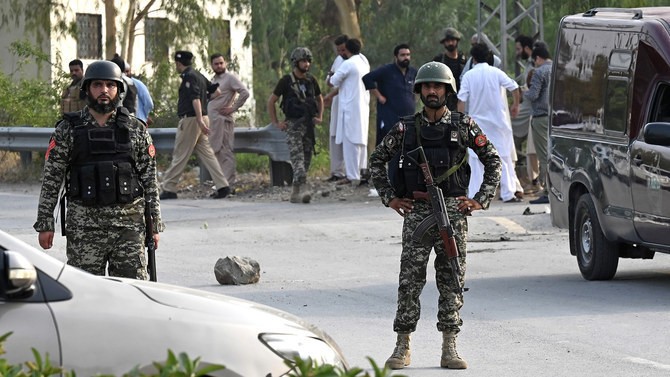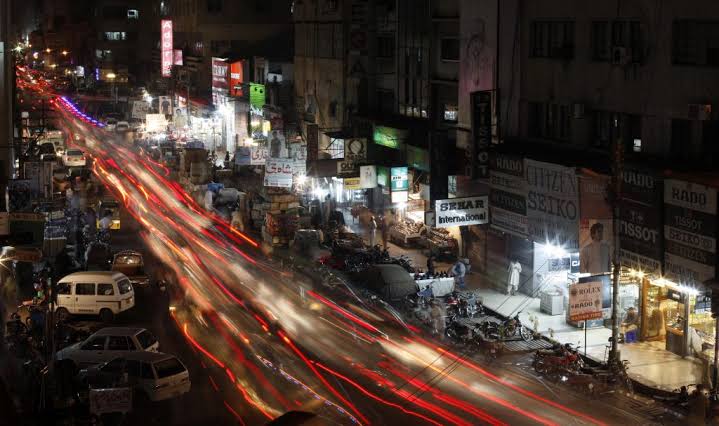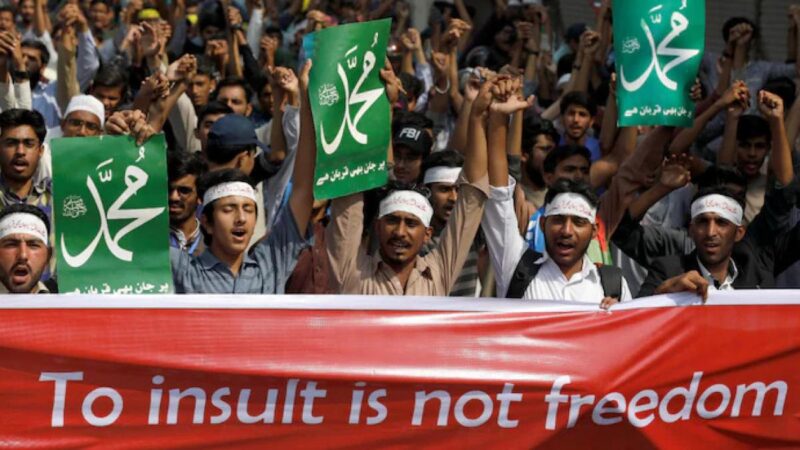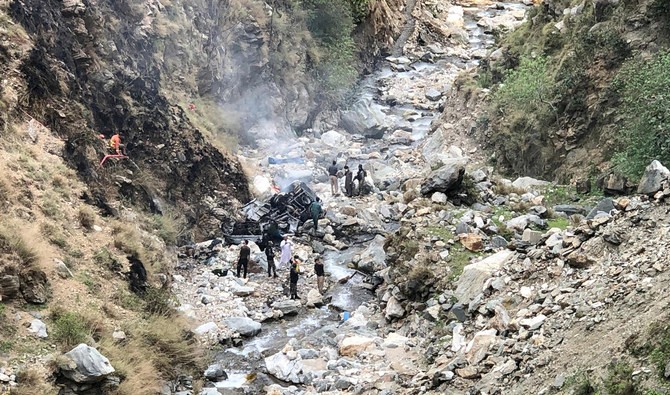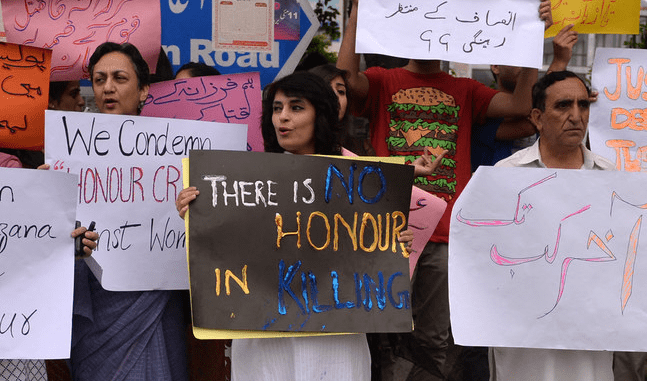Ethnic fissures bedevil the Taliban

Serious dissensions are ripping through the ruling Taliban government in Afghanistan over ethnic issues.
Differences are fast undoing the mediated effort put in by the Taliban leadership to consolidate its power and reduce disagreements among its leaders and men.
Various reports have underlined widening rift between numerically superior Kandaharis (Loya Kandahar) and Pak-controlled Haqqanis (Loya Paktiya). This division is clear between the Mullah Baradar-led group and that of Interior Minister and leader of the Haqqani Network (HQN) Sirajuddin Haqqani over the latter’s overt pro-Pashtun stance. It is feared that these differences could lead to depletion in Taliban ranks, particularly in provinces dominated by non-Pashtun ethnic groups.
It is widely known that the swift Taliban takeover of Afghanistan was made possible without the help of non-Pashtun cadres under its banner. Five months down the line, the non-Pashtuns are becoming restless at the overt Pashtun preference shown by the Taliban government.
The growing disgruntlement among the minority partners of the Taliban is acutely visible in the Northern provinces, dominated by non-Pashtun ethnic groups. Reports from the provinces indicate sporadic incidents of Tajik and Uzbek Taliban fighters attempting to disarm Pashtun cadres, while accusing them of having links with global terrorist group Da’esh operating out of Afghanistan.
Simmering tensions between the Pashtun and non-Pashtun Taliban commanders and fighters, particularly in the Northern provinces, were apparent in street protests (January) that shook Maimanah City of Faryab following the arrest of senior Uzbek Taliban Commander Makhdoom Alam Rabbani (known to have influence in Faryab, Jowzjan, Sar-e-Pul and Samangan provinces).
The demonstrations reportedly turned ethnic with protesters airing grievances over the dominance of Pashtuns in the Taliban regime. Matters became worse with subsequent detention of Tajik Taliban Commander Qari Wakil, with Uzbek and Tajik Taliban fighters attempting to disarm the Pashtun cadres.
The Taliban regime reacted strongly to these uprisings and accused Makhdoom Alam of being involved in kidnappings and hiding a cache of arms & ammunition, including over 300 assault rifles and RPGs. Strong reinforcements, including armoured vehicles, Special Forces (‘Badri’ unit) and more than 300 cadres including suicide attackers from the ‘Mansoori’ Brigade were sent to the area to bring the situation under control. Sirajuddin Haqqani has announced that Makhdoom Alam would not be released.
So far, it appears that the Taliban regime has managed to quell the brewing dissent with a heavy hand. Although there has not been open violence, a sense of betrayal amongst non-Pashtun locals in the north remains like a burning ember. Such ethnic fissures could be exploited by the nascent resistance led by Ahmad Massoud to challenge the Taliban regime in Kabul.
These differences can cause a conflict in the Northern Afghanistan, a possibility viewed with deepening concern by the Central Asian Republics as well as Russia. These apprehensions were referred to during the online summit (January 10) by Tajikistan President Emomali Rahmon. He pointed out that around 40 terrorist training camps, housing over 6000 militants, were active in Afghanistan’s north-eastern provinces and the situation at the Tajik-Afghan border had turned “more complicated”.
Although the Taliban regime could harden its stance against such fault lines, its ability to effectively deal with the emerging situation in Northern provinces remains questionable. Since the regime has so far been unable to tackle the intra-Pashtun power struggle, the brewing dissent among the non-Pashtuns could further undermine its stranglehold and influence. If the ethnic fissures deepen in the near future, they may potentially become a source of fragmentation and instability in Afghanistan, a threat that could further weaken the Taliban regime, still struggling to consolidate its hold.

